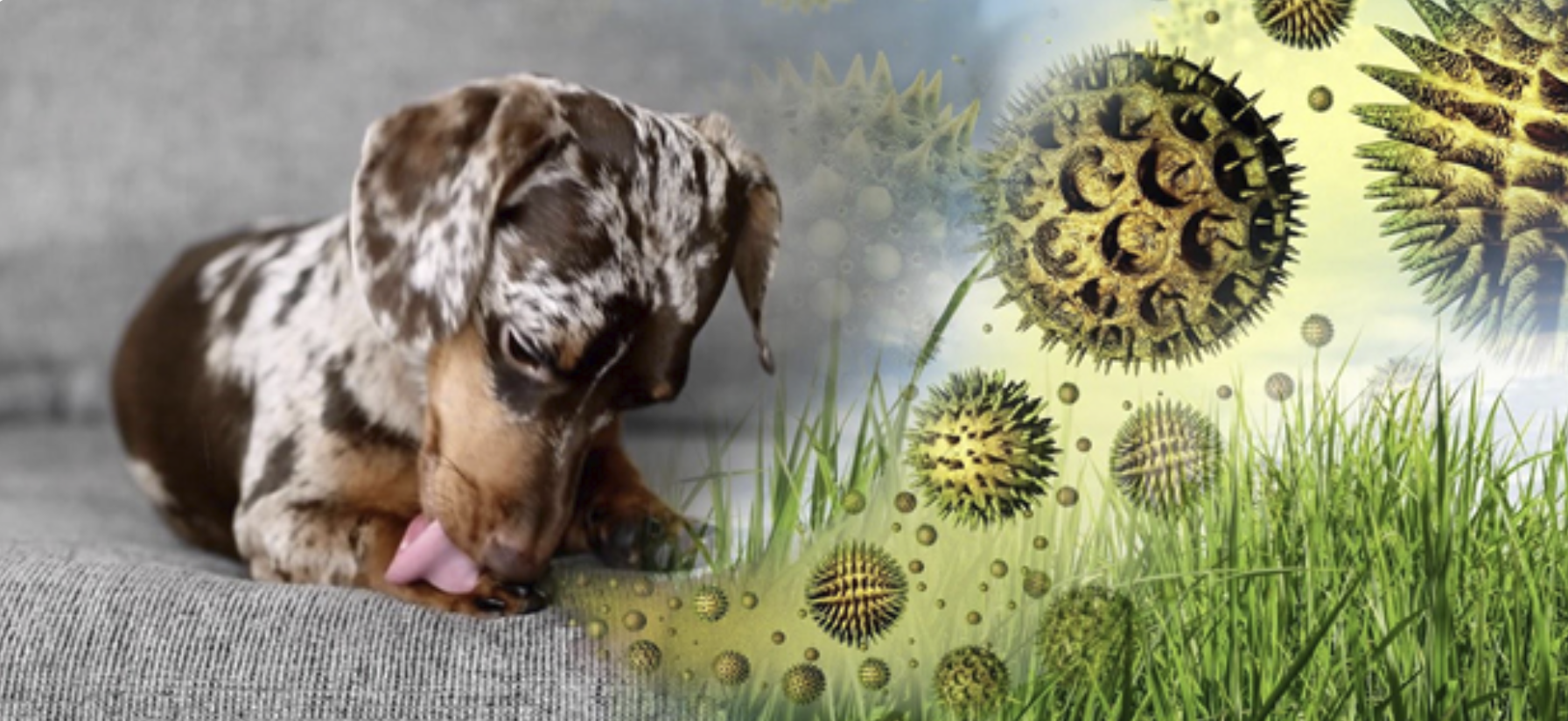Understanding Animal Research
By Mia Rozenbaum
Starting this month, Russia has announced the mass production of Carnivac-Cov, the first vaccine against SARS-CoV-2 specifically designed for animals. Veterinary trials have concluded that the vaccine is safe and effective to use in cats, dogs, red and arctic foxes, mink and other carnivorous animals. After being vaccinated, 100% of the animals developed antibodies against the new coronavirus that is causing the pandemic in human populations.
Vaccines for animals are potentially needed to protect animals raised for their fur and to prevent pets passing on virus to humans.
The need to vaccinate the global pet populations is still being debated however. At present the CDC maintains that there is no evidence that animals play a significant role in SARS-CoV-2 epidemiology in humans. Based on the available information to date, the risk of animals spreading COVID-19 to people is considered to be low. Domestic animals don’t seem to have any impact on the maintenance and spread of the coronavirus SARS-CoV-2 in human populations. The role of vaccination campaigns for pets or animals in close contact with humans in containing the current pandemic therefore remains quite uncertain.







